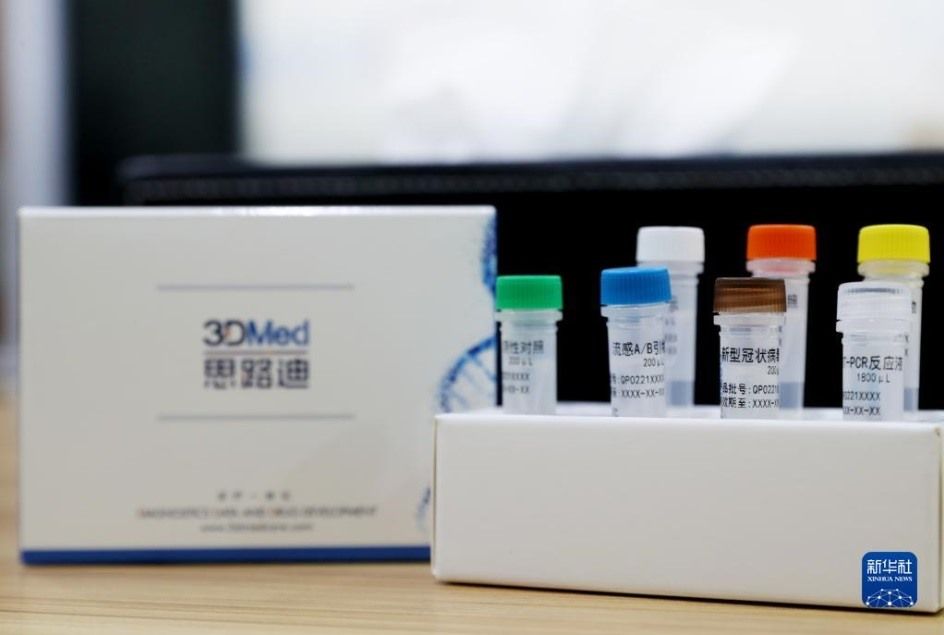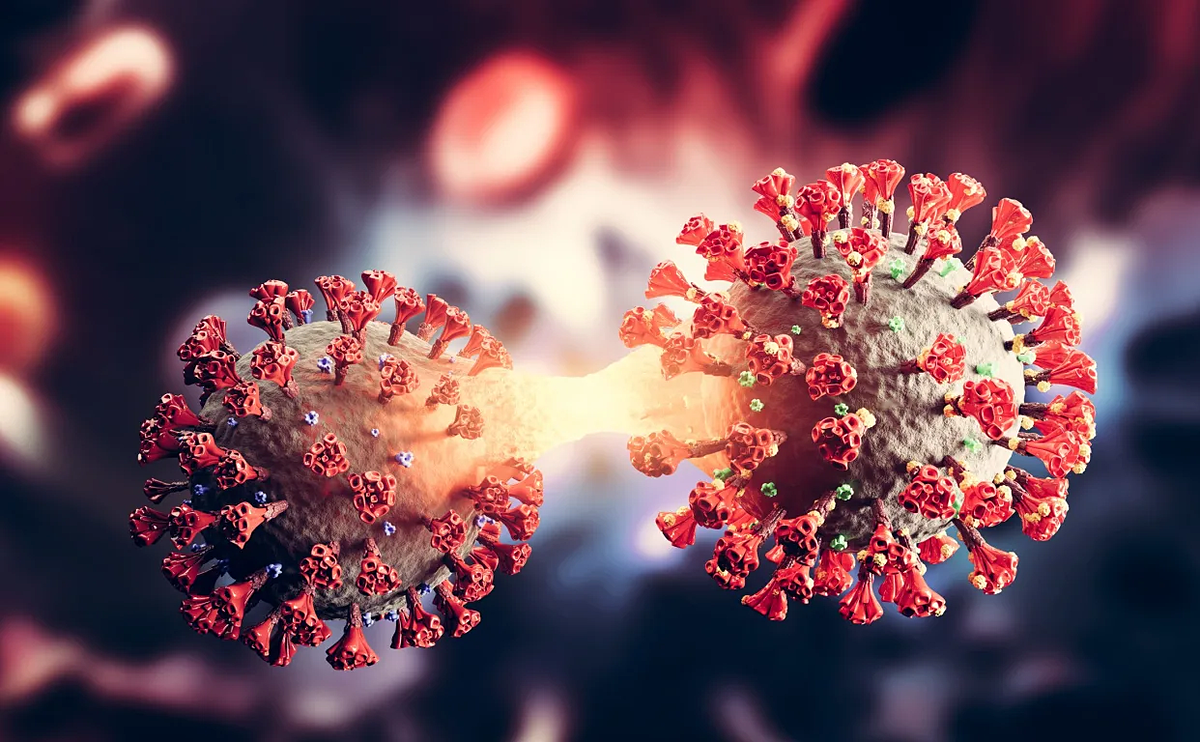Things to know about the Marburg Virus that causes dengue fever
According to the World Health Organization (WHO), Equatorial Guinea has confirmed its first outbreak of the Marburg virus, which has caused at least nine deaths in this West African country.
- What is Marburg virus?
In a statement, WHO confirmed the Marburg outbreak after samples from Equatorial Guinea were sent to a laboratory in Senegal. There are currently 9 deaths and 16 suspected cases with symptoms of fever, fatigue, diarrhea and vomiting caused by Marburg, a virus from the same family as Ebola.
WHO sent medical experts to help officials in Equatorial Guinea contain the outbreak and sent protective equipment to hundreds of health workers.
So what is the Marburg virus? Here's what you need to know about the disease.
Like Ebola, the Marburg virus originates in bats and is spread from person to person through close contact with infected person's bodily fluids or surfaces, such as infected bed sheets.

According to the Centers for Disease Control (CDC), Marburg disease caused by the Marburg virus is a type of hemorrhagic fever that can affect the body's organs and cause bleeding.
According to the US CDC, Marburg virus is an animal-to-human virus that, along with six Ebola viruses, makes up the filovirus family.
This rare virus was first identified in 1967 after causing simultaneous outbreaks in laboratories in Marburg, Germany and Belgrade.
At that time, 31 people exposed to the virus while conducting research on monkeys became ill and 7 people died. The CDC says African fruit bats are a host for the virus.
- Symptoms of the disease caused by the Marburg virus
According to the World Health Organization (WHO), the incubation period for Marburg is from 2 days to 3 weeks.
Symptoms begin suddenly with severe fever and headache. Several days after onset, many patients experience vomiting, diarrhea, and abdominal pain that persists for up to a week.
According to WHO, severe cases are accompanied by bleeding during the first week. Some patients vomit blood or have bloody stools.
The patient also had bleeding gums, nose and genitals. The disease can spread to the nervous system causing the person to become confused, irritable, and aggressive.
Most deaths occur after more than a week of illness, adding that deaths are often accompanied by shock and severe blood loss.
- Marburg virus is deadly, how to treat?
The CDC says there is no specific cure or treatment for Marburg's disease.
However, the World Health Organization (WHO) says, “Early supportive care with rehydration and symptomatic treatment improves survival.”
At the same time, WHO also added that a range of drug therapies and blood therapies to treat the disease are under development.
According to the CDC, the mortality rate from Marburg disease ranges from 23% to 90%. During a 2004 outbreak in Angola, the Marburg virus killed 90% of the 252 people who contracted the disease. Last year, there were two deaths from the Marburg virus in Ghana.
* SOURCE: HEALTH & LIFE REPORT https://suckhoedoisong.vn/nhung-dieu-can-biet-ve-virus-marburg-gay-benh-sot-xuat-huyet-169230215153738257.htm









 Facebook
Facebook
 Tweet
Tweet
 Zalo
Zalo







 News
News

















 Sign in with Facebook
Sign in with Facebook
 Sign in with Google
Sign in with Google